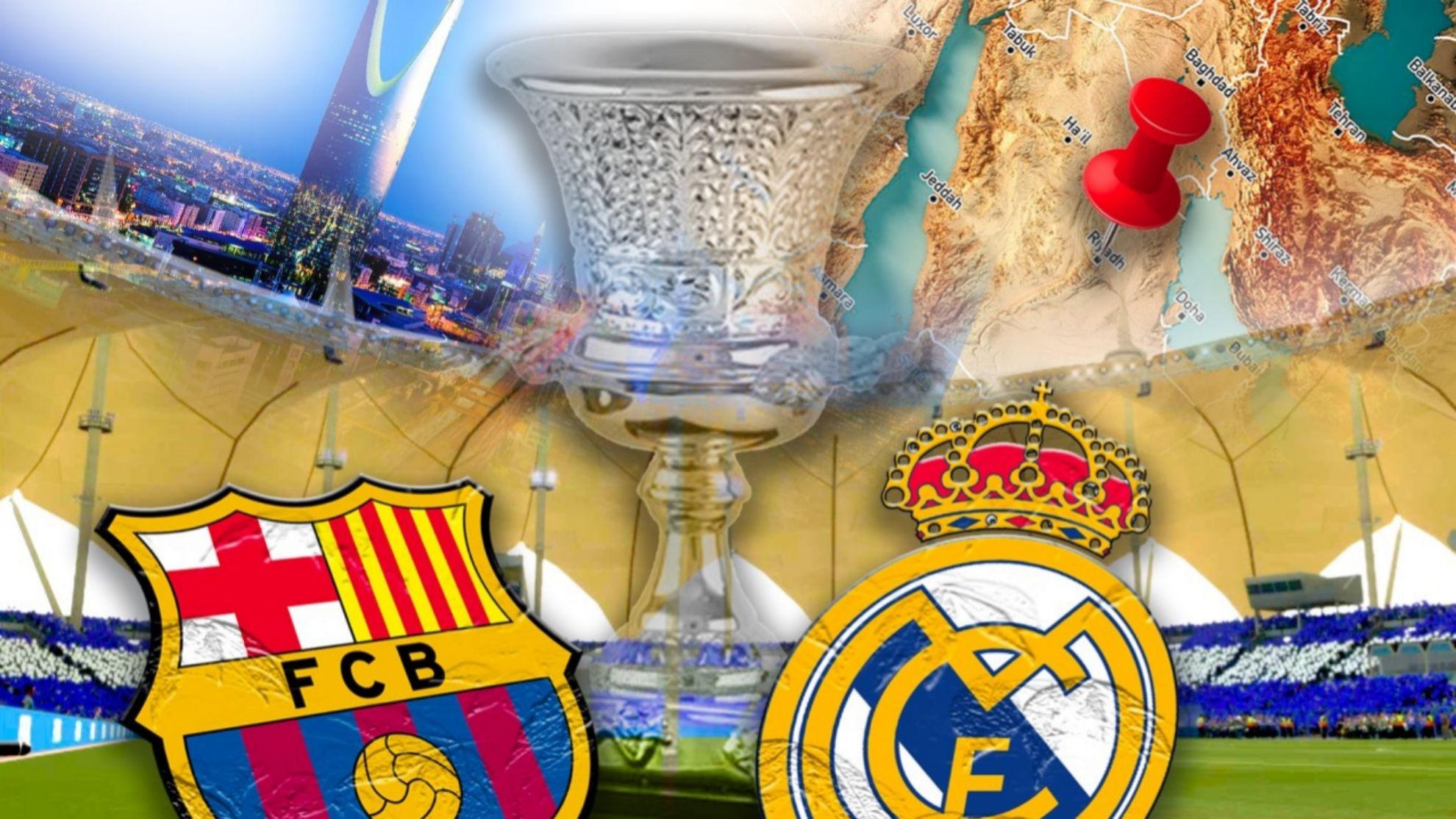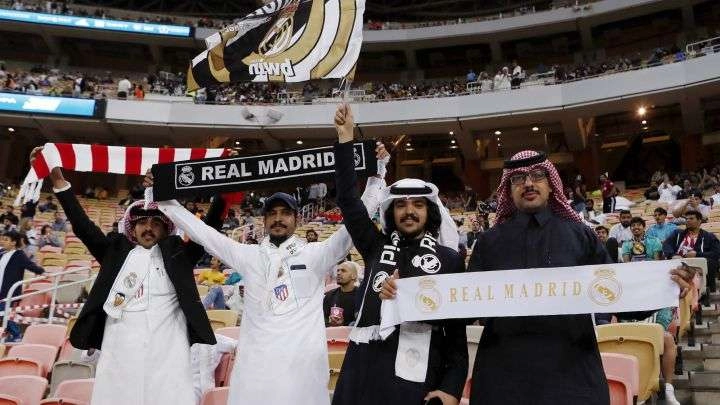Few football games can compare to El Clásico’s passion, intensity and historical significance. With its rich history and legendary matches, the intense rivalry among Real Madrid and Barcelona captivates millions of fans worldwide. Its rivalry goes beyond sports. But in the recent years, an unpredictable development has occurred: El Clásico matches are now held in Saudi Arabia, a move that has generated discussion and curiosity among football fans. So why is Saudi Arabia the home of El Clásico? Let’s examine the reasons behind this choice and how it affects the football community.
Football’s Globalization:
Football has become a true global phenomenon in an era of globalization, eclipsing national boundaries and captivating spectators everywhere. Football teams and the governing bodies increasingly looking to broaden their reach and enter new areas as the sport’s popularity soars. Organizing high-profile games abroad offers a chance to interact with supporters worldwide and expand the game in areas where football is becoming more and more popular.
Saudi Arabia’s Aspirations in Sports:
As main part of their Vision 2030 program, Saudi Arabia has been making significant investments in sports. The plan is a strategic approach to diversify the nation’s economy and foster social development. Saudi Arabia has become a key hub for holding important sporting events which includes football matches involving some of the largest teams in the world, because to its strong emphasis on entertainment and sports. Saudi Arabia hopes to improve its standing as a top sports tourism destination and demonstrate its ability internationally by drawing elite football contests like El Clásico.
Business-Related Considerations:
The choice to hold El Clásico in the Saudi Arabia has important business ramifications as well. Football teams and event planners may make a lot of money by holding games in wealthy areas. Ticket sales, television rights, sponsorship agreements, and merchandise sales are just a few of the possible revenue sources. Football stakeholders may increase their worldwide reach and commercial prospects by using the enormous fan base of Saudi Arabia and throughout the Middle East.
Remarks and Disputations:
El Clásico’s Saudi Arabian staging has drawn criticism and controversy in addition to offering growth and publicity chances. Major sporting events in Saudi Arabia have prompted ethical considerations about human rights, including gender equality, freedom of expression and treatment of the migrant labor. Football teams and regulatory bodies are accused of legitimizing and erasing the Saudi government’s human rights record by taking part in such events, according to critics.
FOR MORE LATEST AND INTERESTING ARTICLES PLEASE VISIT OUR PAGE = https://usabloghouse.com/sports/
In summary:
The choice to hold El Clásico in the Saudi Arabia is indicative of how modern football is developing due to a number of variables, including globalization, business interests, and the aspirations of developing sports markets. Although the change offers chances for development and involvement, it also brings up moral questions and difficulties with reference to social duty and human rights. The staging of legendary matches abroad will continue to be a subject of discussion and controversy within footballing community as long as the game maintains its ability to transcend national boundaries and win over fans from all over the world.

